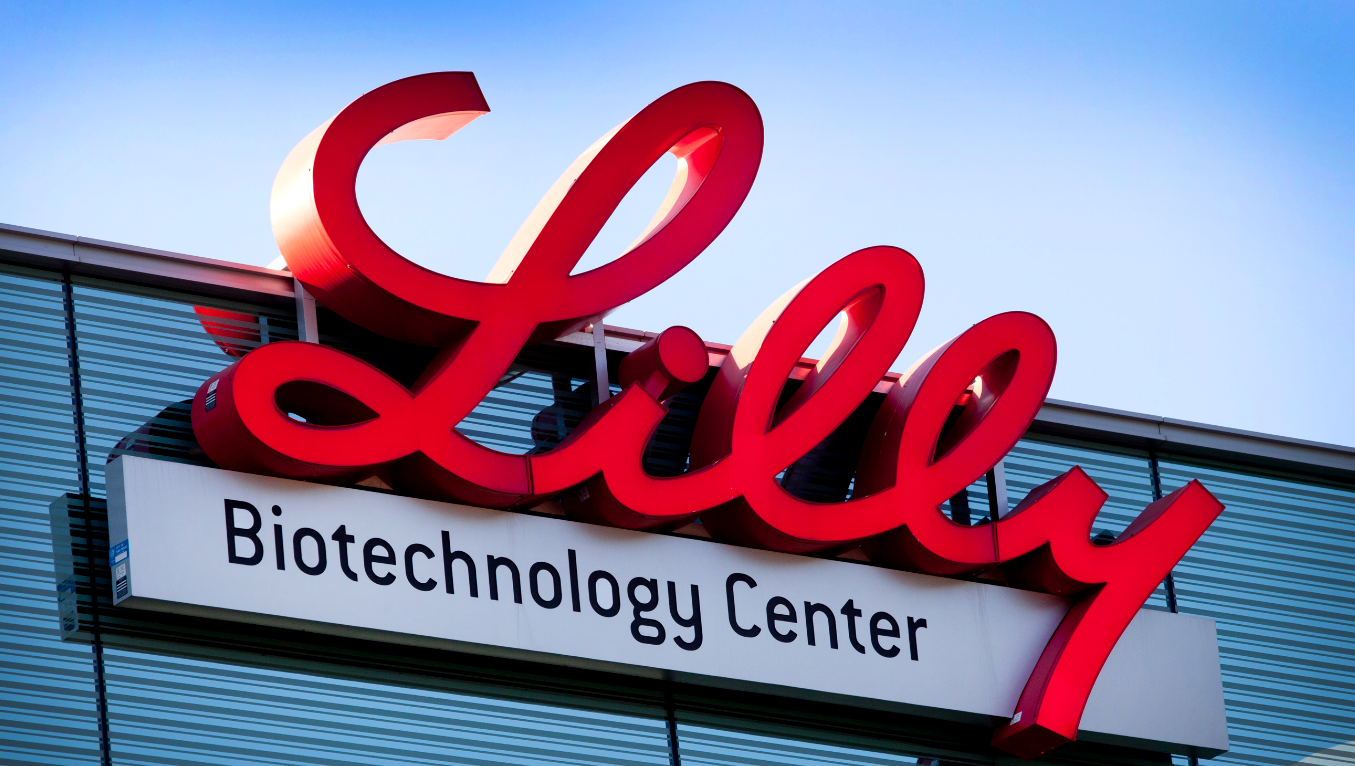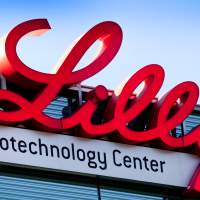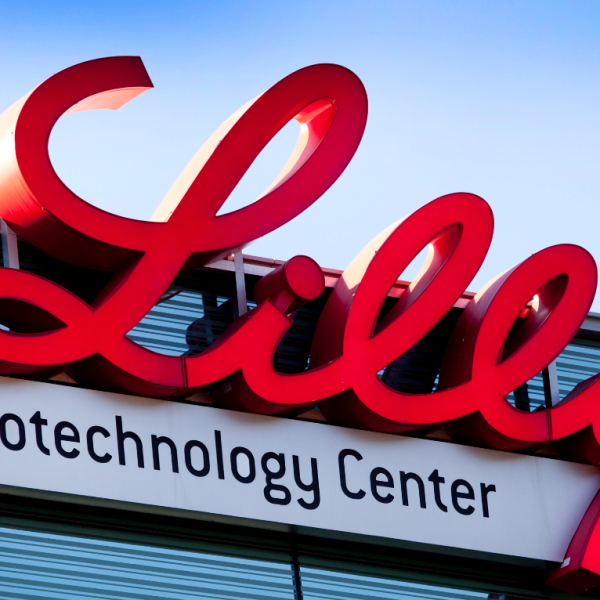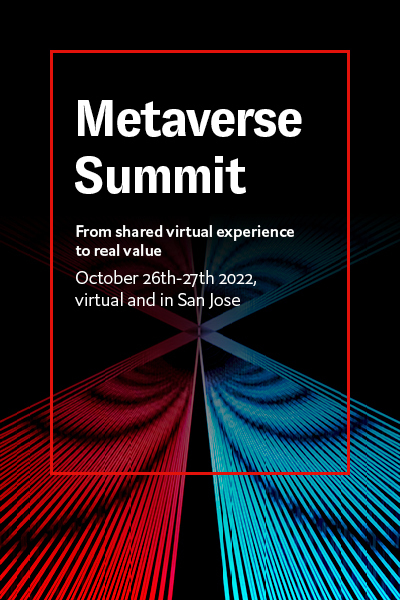- Last modified: May 7, 2024
In a world where the intersection of technology and medicine is increasingly blurred, recent experiments by Eli Lilly’s chief information and digital officer, Diogo Rau, are exploring the transformative potential of generative AI in drug discovery. Far from the traditional image of lab-coated scientists hunched over test tubes, Rau and his team are pioneering a new frontier where artificial intelligence takes the reins in molecule design.
Centre to this lies the staggering speed at which AI can sift through molecular data. Eli Lilly’s adoption of generative AI has enabled the exploration of millions of molecules in mere minutes, a feat that would have taken the company an entire year using conventional methods. This accelerated pace has sparked curiosity among company executives, skeptical of AI’s ability to produce viable drug candidates.
Rau recalls the initial disbelief when presenting AI-generated designs to Lilly’s research scientists. What emerged from the AI’s algorithms were molecules with “weird-looking structures,” unlike anything in the company’s existing database. Yet, to the surprise of many, these designs were met with interest rather than dismissal. Scientists acknowledged the potential of AI-generated molecules as strong drug candidates, prompting a reevaluation of AI’s role in the drug discovery process.
The breakthrough moment, reminiscent of Google’s DeepMind AlphaFold revelation in 2021, underscores the transformative power of AI in predicting protein structures, a cornerstone of drug development. This pivotal moment marked a departure from traditional empirical methods, ushering in a new era where AI supercomputers simulate biological behaviors, predict interactions, and even “hallucinate” new drugs.
Beyond the laboratory, the implications are profound. Recent studies indicate that integrating AI into drug discovery processes can slash timelines from years to months and significantly boost success rates. With the potential to explore novel therapeutic targets and revolutionize biomedicine, AI-designed drugs represent a paradigm shift in healthcare innovation.
Looking ahead, experts see a future where AI’s capabilities in drug discovery continue to expand, particularly in the realm of protein-based drugs. By harnessing AI’s ability to navigate vast datasets and generate novel designs, researchers are poised to unlock new frontiers in medicine.
Despite the excitement surrounding AI’s potential, it’s crucial to temper expectations. AI-designed drugs must undergo rigorous human trials to validate their efficacy and safety. Nevertheless, the promise of AI in drug discovery is undeniable, offering a glimpse into a future where technology and medicine converge to revolutionize healthcare as we know it.
Featured image: Credit: Eli Lilly







